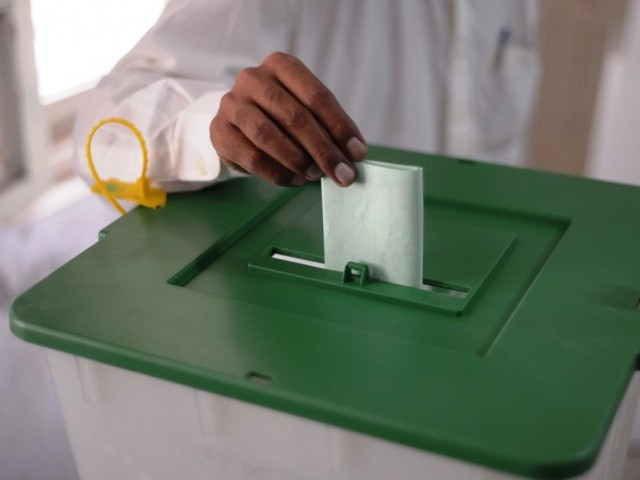In the intricate tapestry of Pakistan's political evolution, the resonance of democracy and the pursuit of fair elections have emerged as integral threads, weaving together the nation's complex historical narrative. With its nuanced history of political transitions, Pakistan has endeavoured to establish a robust democratic system, aspiring to embody principles of inclusivity and transparent governance. However, this journey has not been devoid of challenges, with the spectre of electoral irregularities, political patronage, and security concerns casting shadows over the democratic landscape.
The historical backdrop of Pakistan is marked by periods of military dictatorship, interspersed with occasional efforts to promote democratic governance. The restoration of civilian administration in 2008 was a significant turning point, but achieving fair and transparent elections has been a complex journey. The primary obstacle hindering the democratic process in Pakistan is the ongoing presence of voting irregularities. The credibility and honesty of the electoral process have been called into question due to occurrences of voter manipulation, accusations of vote rigging, and instances of malpractice. As a result, this has generated doubt and weakened the public's confidence in the democratic system. In addition to election misconduct, the interconnectedness of political influence and patronage networks has been a significant obstacle to democratic principles. The interconnection between political authority and economic concerns has sometimes influenced the political landscape, undermining the necessary fairness required for the authentic exercise of democracy.
The widespread security issues are exacerbating these difficulties, especially in areas dealing with instability and violence. Violence and intimidation are tangible dangers that could discourage voters from exercising their inherent right to vote. Pakistan has shown a dedication to reform by using many ways to strengthen its democratic system despite recognising the difficulties involved. Efforts like implementing electronic voting machines (EVMs), enhancing voter education, and creating an independent Election Commission highlight a deliberate attempt to bring openness and fairness to the election process. Significantly, civil society has become a crucial element in advocating for the promotion of equitable elections and democratic principles. Non-governmental organisations, coalitions of supporters, and news agencies are vital in closely examining the electoral process, increasing public knowledge, and acting as monitors to ensure that the government follows democratic norms. Pakistan's democratic trajectory is closely monitored on a global scale. The international community's commitment to strengthening democratic processes and promoting accountable governance is evident through collaborative partnerships with global bodies like the United Nations and the European Union.
To ensure the continued progress of democracy in Pakistan, it is necessary to adopt a comprehensive strategy. It is crucial to continue implementing electoral changes, including the full adoption of electronic voting machines, to reduce irregularities and strengthen the democratic system. Supporting civic education programmes that educate citizens about their rights and the crucial importance of political engagement is a powerful approach to empowering voters and fostering a more informed electorate. Furthermore, consistently strengthening institutions, particularly the Election Commission and the courts, is essential to a robust democratic framework. When supported, these establishments act as solid defences against the decline of democracy, guaranteeing responsibility and the maintenance of democratic values.
Pakistan's trajectory toward democracy and equitable elections is a dynamic narrative, rich with challenges and promising strides. The adherence to democratic principles, along with continuous changes and careful monitoring by civil society, fosters hope for a political environment marked by openness, equity and inclusiveness. In Pakistan's democratic development, the successful management of difficulties, implementation of changes, and protection of democratic values will eventually decide the strength and liveliness of its democratic prospects. In the crucible of Pakistan's democratic journey, the struggle for fair elections remains a testament to the resilience and a clarion call for sustained commitment. As the nation endeavours to transcend the shadows of electoral challenges, the collective aspirations for transparent governance and inclusivity stand undeterred. The future of Pakistan's democracy, like the pages of an unwritten chapter, awaits a narrative infused with an unwavering dedication to principles, a commitment to reforms, and a steadfast belief in the transformative power of a genuinely equitable electoral process.
In these concluding lines, the echo of democratic ideals reverberates, underscoring the imperative to forge ahead with unwavering resolve, ensuring that the promise of fair elections becomes a cornerstone in the edifice of Pakistan's democratic legacy.



COMMENTS
Comments are moderated and generally will be posted if they are on-topic and not abusive.
For more information, please see our Comments FAQ